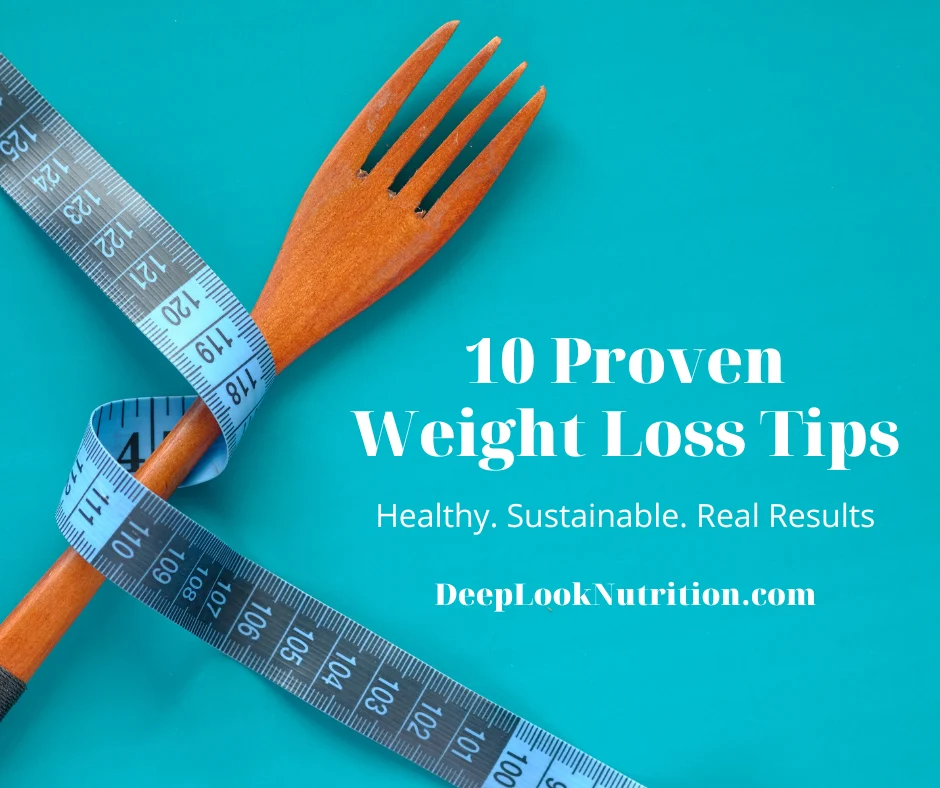tes brain-derived neurotrophic factor (BDNF), a protein essential for brain function, learning, and memory.
Benefits include:
-
Reduced risk of neurodegenerative diseases like Alzheimer’s and Parkinson’s
-
Improved mental clarity, focus, and mood
-
Greater resistance to stress and anxiety
4. Better Heart Health
Fasting helps reduce major risk factors for heart disease:
| Risk Factor | Effect of IF |
|---|---|
| LDL Cholesterol | ↓ 20–30% |
| Triglycerides | ↓ Significantly |
| Inflammation | ↓ Inflammatory markers like CRP |
| Blood Pressure | ↓ Improved systolic and diastolic |
✅ A healthier heart = a longer life.
5. Supports Cellular Repair and Longevity
During fasting, the body triggers autophagy—a process where cells clean out waste and repair themselves. This boosts cellular health and delays aging.
🧪 Studies in animals show increased lifespan with calorie restriction and fasting.
6. Hormonal Balance and Energy Regulation
Fasting helps balance hormones like ghrelin (hunger hormone) and leptin (satiety hormone). You’ll experience fewer cravings, stable energy, and improved mood throughout the day.
🔄 IF also helps regulate your circadian rhythm, improving sleep quality.
7. Reduces Inflammation and Oxidative Stress
Chronic inflammation is linked to many modern diseases—diabetes, cancer, and cardiovascular conditions. Fasting significantly lowers markers of oxidative stress and inflammation in the body.
📖 Reference: A 2019 study published in Cell Metabolism showed significant reductions in inflammatory cytokines after 1 week of IF.
8. Enhances Mental Clarity and Productivity
Many IF users report increased alertness and clearer thinking during fasting periods. Your brain thrives in a fasted state due to:
-
Stable blood sugar
-
Reduced brain fog
-
Higher energy without post-meal crashes
☕ Pro tip: Enjoy black coffee or green tea during fasting hours to boost alertness and fat burning.
9. Boosts Immunity
A study from the University of Southern California showed that fasting cycles can regenerate immune cells by triggering stem cell production.
💡 This may help reduce the risk of infections, autoimmune diseases, and chronic illness.
10. Encourages Muscle Preservation (When Done Right)
Contrary to myths, IF doesn’t cause muscle loss if you’re eating enough protein-rich foods and doing resistance training. In fact, growth hormone levels rise during fasting, which helps preserve lean mass.
How to Start Intermittent Fasting (Step-by-Step)
If you’re new to IF, follow these simple steps:
Step 1: Choose a Fasting Method
Start with the 16/8 method, skipping breakfast and eating from 12 PM to 8 PM.
Step 2: Eat Nutrient-Dense Foods
Focus on:
-
High-fiber foods (chia seeds, lentils)
-
Healthy fats (avocados, nuts)
-
Lean proteins (eggs, chicken)
-
Hydration (water, lemon water, herbal teas)
Step 3: Track Your Progress
Use apps like Zero or Fastic to track your fasting hours and mood.
⚠️ Intermittent Fasting Precautions
Fasting isn’t suitable for everyone. Avoid IF if:
-
You’re pregnant or breastfeeding
-
You have a history of eating disorders
-
You’re underweight or have chronic illnesses (consult a doctor)
Real-Life Success Stories
“I lost 12kg in 4 months with intermittent fasting and feel more energetic than ever. It changed my life!” — Sarah K., Lahore
“Intermittent fasting helped me control my blood sugar and cholesterol naturally.” — Ahmed R., Karachi
Final Thoughts
Intermittent fasting is more than just a trending weight loss hack—it’s a time-tested health protocol that enhances everything from your metabolism to your mental clarity. If you’re looking to simplify your lifestyle and optimize your health, intermittent fasting might be your next best step.
Ready to Try Intermittent Fasting?
Let us know your thoughts or share your story in the comments below!



